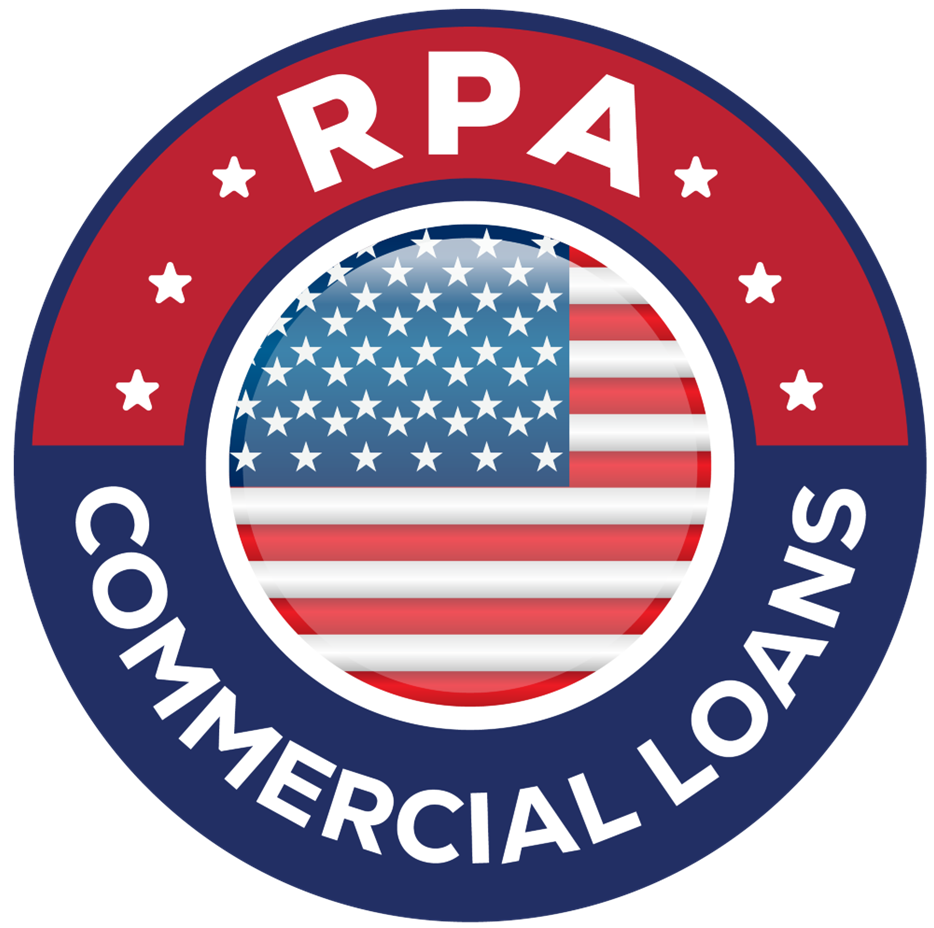Special Note: We are providing this information because it pertains to every one of our clients. While we hope that we see a regime change in this next election and that this BOI requirement gets shut-down, you need to be prepared to comply in the meantime.
The Financial Crimes Enforcement
Network (FinCEN) has recently updated its Frequently Asked Questions (FAQs)
concerning Beneficial Ownership Information (BOI) reporting. These updates
clarify key elements of the reporting process and address common concerns
raised by businesses and legal professionals. This blog post will guide you
through the key aspects of BOI reporting, breaking down the updated FAQs and
answering some frequently asked questions.
What is Beneficial
Ownership Information (BOI)?
BOI refers to details about
individuals who directly or indirectly own or control at least 25% of a
company, or who exercise substantial control over the company. The purpose of
collecting this information is to prevent illegal activities like money laundering,
terrorism financing, and other financial crimes by ensuring transparency in
ownership.
Key Areas of FinCEN’s
BOI FAQ Updates
1. General Questions: Access
to BOI
FinCEN’s FAQ clarifies that
access to BOI is restricted to authorized parties, such as law enforcement and
regulators, to safeguard the privacy and confidentiality of the information
provided. These controls ensure that sensitive personal data is only accessed
for appropriate investigative purposes.
- FAQ A3 & A6: Who can access BOI?
Only authorized agencies have access, and individuals or entities
submitting the information do not have automatic access to BOI data after
submission.
2. The Reporting Process
The reporting process outlines
who can file a BOI report and how to handle multiple beneficial owners and
company applicants.
- FAQ B7 & B8: Who can file a BOI report?
Authorized filers such as company officers, directors, or third-party
agents can submit a BOI report. Additionally, lawyers can file on behalf
of their clients, but individuals who are not licensed to practice law may
not file BOI reports to avoid the unauthorized practice of law.
- FAQ B9 & B10: How should multiple
beneficial owners or applicants be reported? If there are multiple
beneficial owners, each one must be reported individually with their
ownership or control information.
3. Reporting Company Specifics
- FAQ C17: What are considered “similar
offices”? In terms of beneficial ownership reporting, FinCEN defines
"similar offices" broadly to include any position with authority
or substantial control over company operations.
- FAQ C18 & C19: How does corporate
conversion and registration in multiple states affect BOI reporting?
If a company converts to another form (e.g., from a corporation to an
LLC), this may trigger a new reporting requirement. Additionally, if a
company is registered in multiple states, it must comply with BOI
requirements in each jurisdiction where it is actively operating.
4. Beneficial Owner
Definitions
There may be instances where no
one meets the ownership threshold, or the company operates in a community
property state.
- FAQ D1i & D1ii: How many beneficial
owners does a company need to report? If no individuals meet the
ownership threshold, the company must still report individuals who
exercise substantial control.
- FAQ D18: How is community property handled?
In states with community property laws, the ownership stakes of spouses
are handled carefully, often requiring both to be reported.
5. Reporting Requirements
Various details must be provided
when submitting a BOI report, including acceptable forms of identification and
address requirements.
- FAQ F5i, F5ii, F15: What identification
documents are acceptable? Government-issued IDs, including passports
and driver’s licenses, are valid for BOI reporting.
- FAQ F12 & F14: What if the company
operates from a personal residence? If a company’s registered address
is also a personal residence, the company may still need to list this as
the address in the report. Additionally, some states have Address
Confidentiality Programs (ACP) to protect personal information.
6. Reporting Company
Exemptions
Some companies may be exempt from
reporting requirements, especially if they are subsidiaries or are operating in
certain regulatory environments.
- FAQ L3i, L6 & L10: Which companies are
exempt from BOI reporting? Subsidiaries of companies already complying
with BOI regulations may qualify for exemptions. Companies regulated under
certain federal programs (e.g., those issuing public securities) may also
qualify.
- FAQ L11: What about companies operating
from personal residences? Even if a company operates out of a personal
residence, it must report its address unless it qualifies for exemptions.
7. FinCEN Identifiers
A FinCEN identifier is a unique
ID that can be used by individuals or companies when submitting BOI reports.
- FAQ M2 & M5i: How is a FinCEN
Identifier used? Once issued, the FinCEN Identifier can be used to
file reports instead of repeatedly submitting the same personal
information. The identifier must be kept up to date by the entity or
person it’s assigned to.
8. Third-Party Service
Providers
- FAQ N4: Can third-party service providers
help with BOI filings? Yes, third-party service providers can assist
businesses in meeting their BOI filing obligations. However, they must
comply with all relevant regulations and ensure data is submitted
accurately.
FAQs on BOI Reporting
Q: Who needs to submit BOI
reports?
A: Most corporations, LLCs, and
similar entities must submit BOI reports unless exempt under FinCEN
regulations.
Q: Can I report more than one
beneficial owner?
A: Yes, if your company has
multiple beneficial owners, you are required to report each one.
Q: What happens if no one
meets the beneficial owner threshold?
A: You still need to report
individuals with substantial control over the company.
Q: Can a lawyer file my BOI
report?
A: Yes, licensed attorneys can
file BOI reports on behalf of their clients. However, non-attorneys are
prohibited from doing so to avoid unauthorized legal practices.
Q: What identification is
required?
A: Acceptable IDs include
government-issued IDs like passports and driver's licenses.
Q: What if I operate my
business from home?
A: You must still list your home
address unless you qualify for an exemption or are part of an Address
Confidentiality Program.
Conclusion
FinCEN’s updated FAQs on
Beneficial Ownership Information (BOI) reporting help clarify several critical
aspects of the reporting process. Businesses and legal professionals must stay
informed about these requirements to ensure compliance and avoid penalties. For
more detailed guidance, you can refer to the official FinCEN website or consult
a legal advisor.
Sources:
Related Articles:





